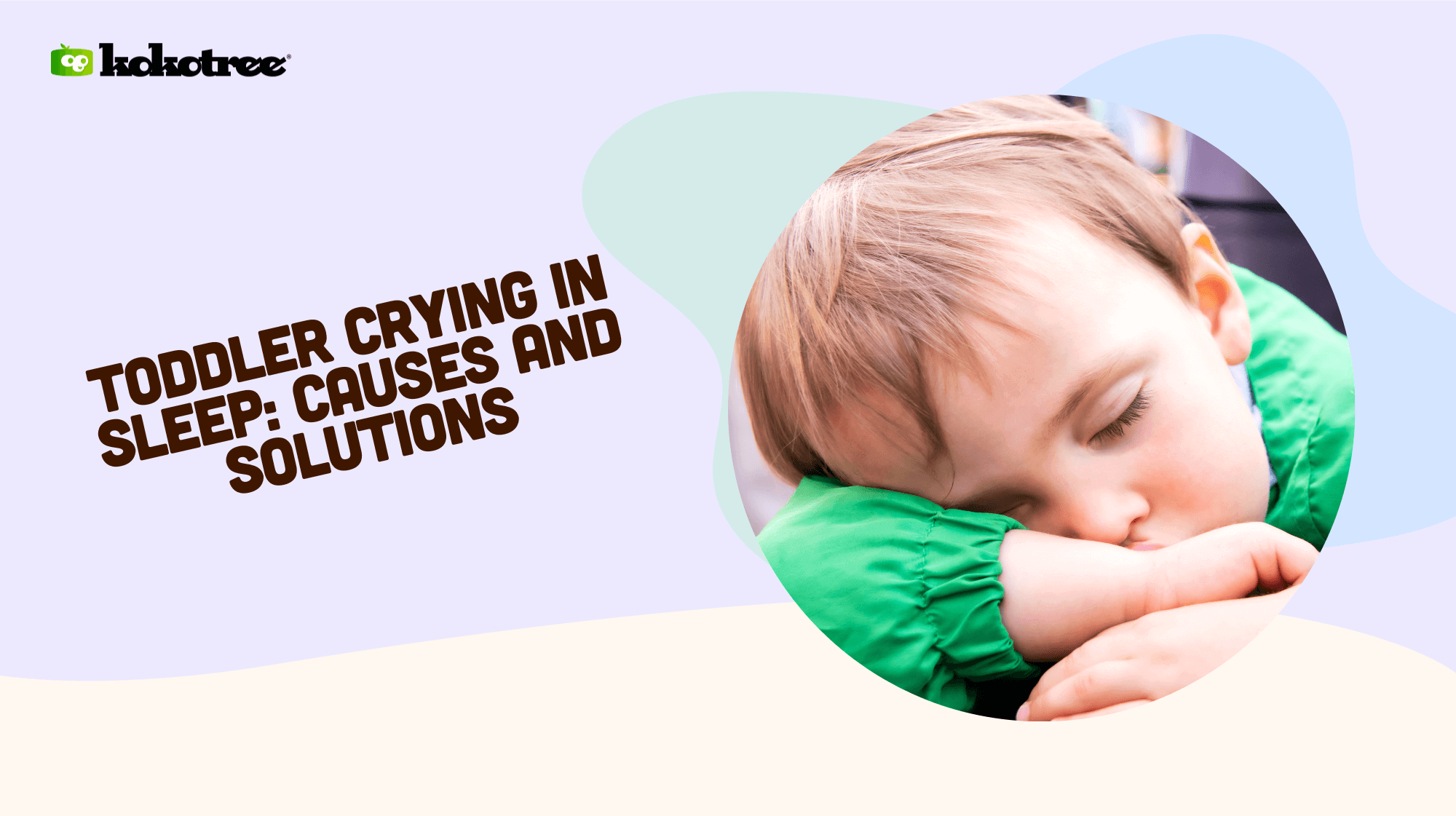Crying In Sleep Causes Effects Treatment
:max_bytes(150000):strip_icc()/GettyImages-1383076970-322ea4d234c3408a8eaf15a61fd0a31d.jpg)
Crying In Sleep Causes Effects Treatment Night terrors. nightmares. suppressed emotion or grief. anxiety and stress. crying in your sleep can happen to babies, children, adults, and the elderly. it can feel upsetting to wake up with tears in your eyes. this article discusses what causes people to cry in their sleep and when to seek medical help. Waking tears occur when an individual is roused from sleep due to emotional distress and then begins to cry. sleep crying, on the other hand, happens while the person remains in a sleep state. this distinction is crucial for understanding the underlying causes and potential treatments. scientific perspectives on sleep crying are still evolving.

Toddler Crying In Sleep Causes And Solutions Kokotree Crying in your sleep can feel bewildering, so approach it with kindness and curiosity. start by keeping a sleep diary, jotting down any dreams or emotions associated with your crying. explore relaxation and mindfulness practices to soothe your mind before bedtime, and seek professional advice if sleep crying persists. Physical causes can also contribute to sleep crying. allergies, dry eyes, or eye infections may lead to increased tear production during sleep. additionally, certain medications or medical conditions affecting the tear ducts or lacrimal glands could result in excessive tearing while asleep. Hormonal imbalances and physical health issues can also play a role in nighttime crying. conditions such as premenstrual syndrome (pms), thyroid disorders, or chronic pain can affect emotional regulation and sleep patterns, potentially leading to increased emotional vulnerability at night. Crying in your sleep is normal and can be caused by a variety of factors. but if you’re crying in your sleep frequently and it is disrupting your sleep, causing distress, or impacting daily functioning or mood, seek medical help. sleep crying can happen. in fact, it can be common in infants and children.

Comments are closed.